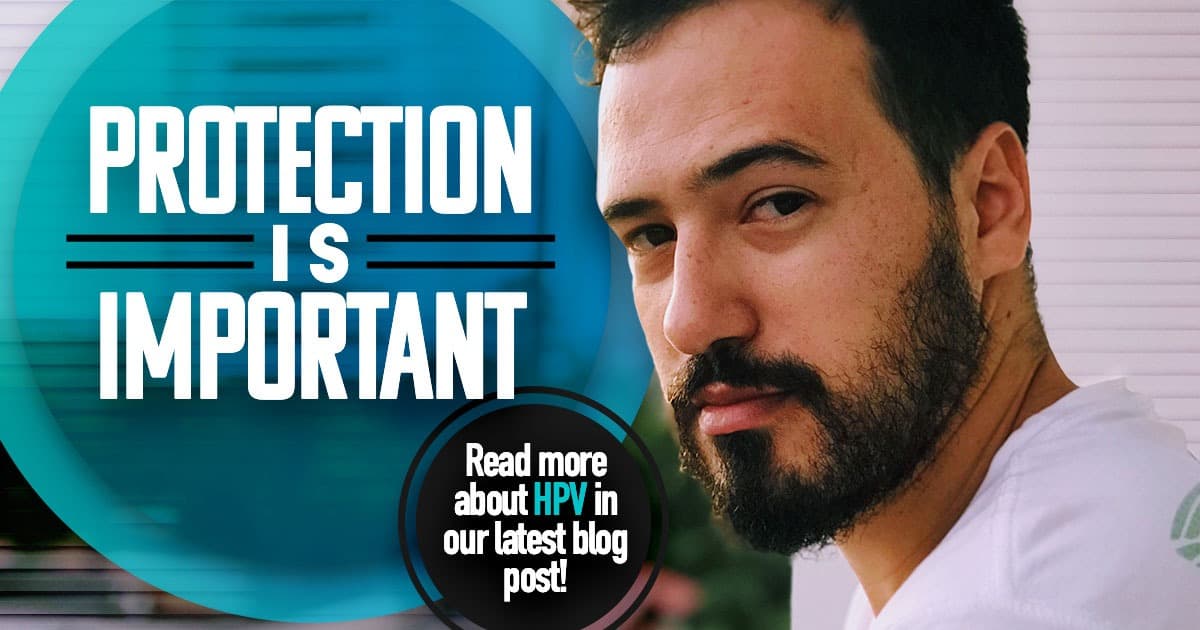Human papillomavirus (HPV) is the most common sexually transmitted infection in the U.S. Over 200 varying types encompass it. Most cases of HPV go away on their own. However, some cause health problems like warts, while others can cause cancer. Anyone sexually active can get HPV. As a result, HPV prevention and protection are the most important things you can do to reduce your risk.

Transmission and the Risks
Of all the HPV types, around 40 of the viruses achieve transmission through skin-to-skin sexual contact with an infected person. Even if a person has HPV but shows no symptoms, they can still pass it to others. The vulva, vagina, cervix, rectum, anus, penis, scrotum, mouth, and throat are areas HPV can spread during sexual contact.
Sexually transmitted HPV’s are categorized into low risk and high risk. Many that get the low-risk ones never have any issues, so they aren’t aware of the infection. Two of the types (6 and 11) cause most cases of genital warts. Around a dozen types of HPV are high-risk and can lead to cancer. In particular, two types (16 and 18) cause the majority of cancer cases in the vulva, vagina, penis, anus, mouth, and throat.
Use Protection to Protect Yourself
The number one way to avoid getting HPV is not to have any sexual contact with anyone. If you are sexually active, making smart choices and using protection is your first defense line in lowering risk.
HPV Prevention Through Vaccines
The FDA has approved three vaccines to date that are more than 90% effective. All protect against the HPV types which cause most cancers. The most recent, Gardasil-9, also protects against ones that cause genital warts. It’s ideal for vaccination to occur before sexual activity, so girls and boys can get theirs starting at age 9.
About 79 million Americans have HPV, and another 14 million will be diagnosed. The oral form of HPV has increased significantly over the last three decades. It is more common in men, given their increased exposure to oral sex than women. Vaccines that can potentially prevent oral HPV are the focus of several clinical research studies.

Charlottesville Medical Research is one of the sites participating in these efforts. We are currently looking for healthy adult males between the ages of 20 and 45 to join enrolling oral HPV vaccine studies. To learn how you can get involved, visit our website, or call (434) 817-2442.
References:
https://www.mayoclinic.org/diseases-conditions/hpv-infection/symptoms-causes/syc-20351596
https://www.cdc.gov/std/hpv/stdfact-hpv.htm
https://www.healthline.com/health/hpv-in-the-mouth#prognosis


